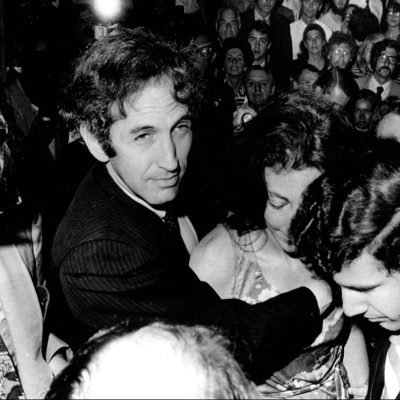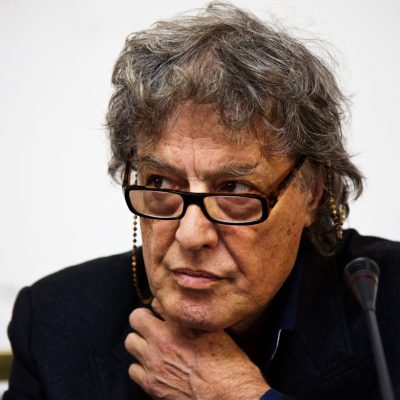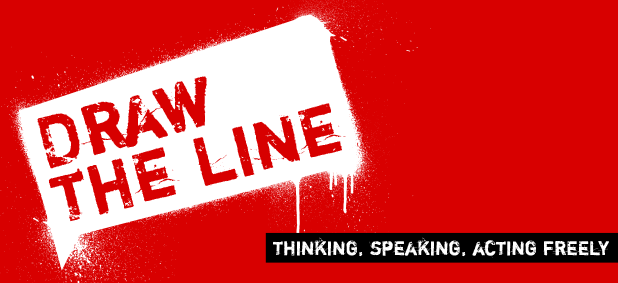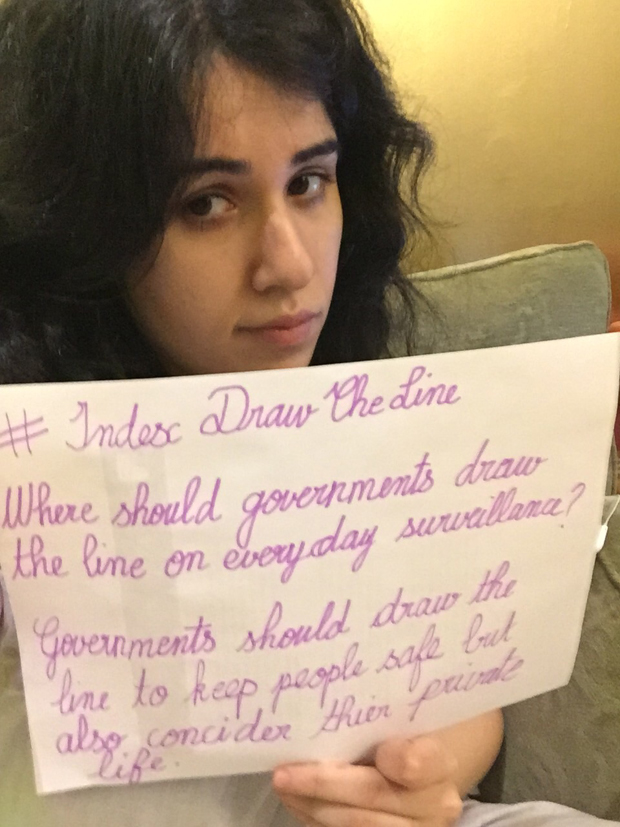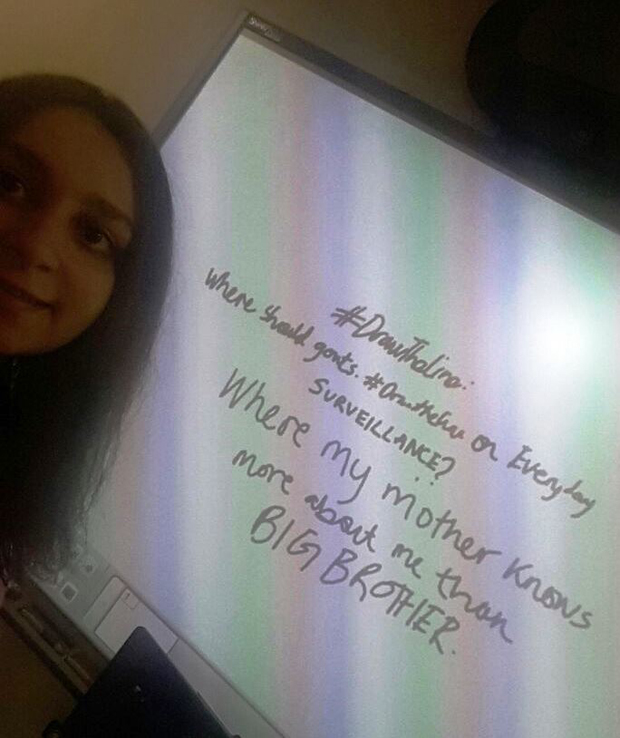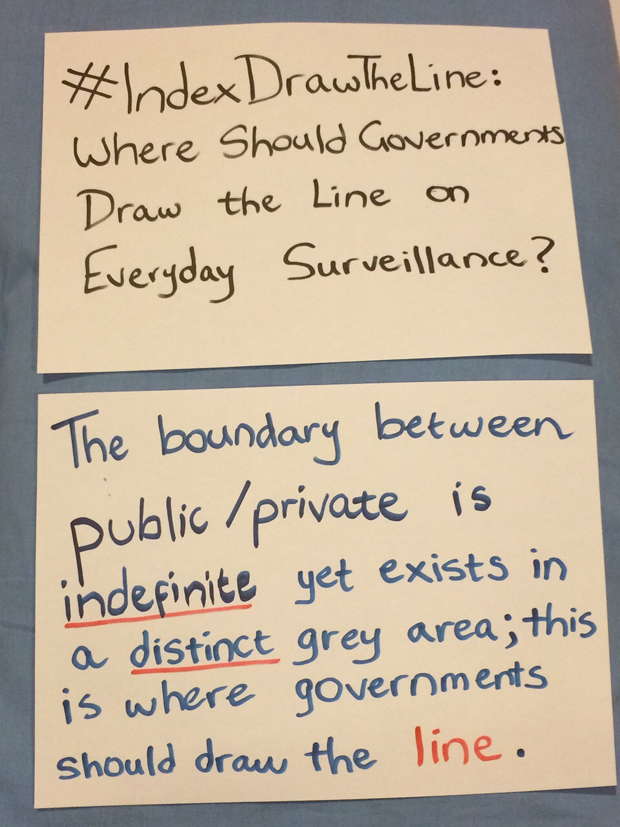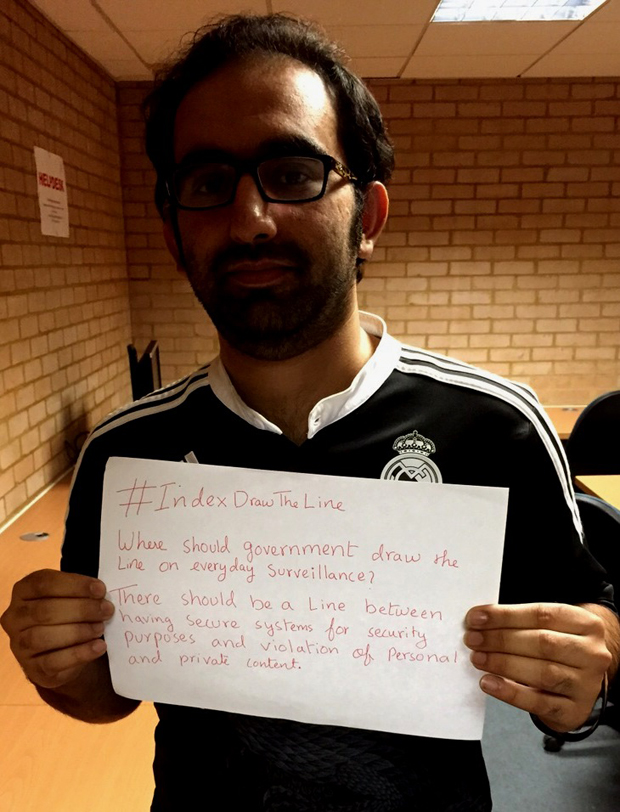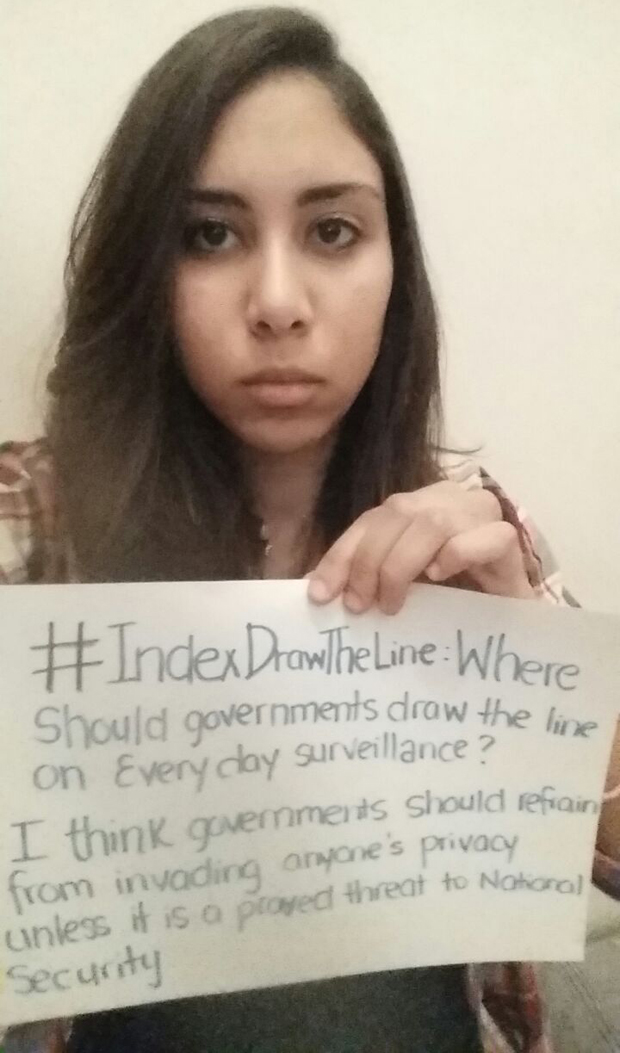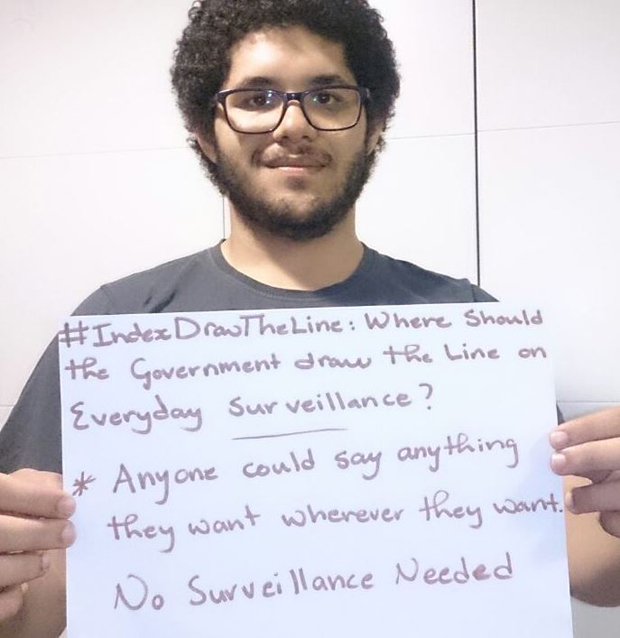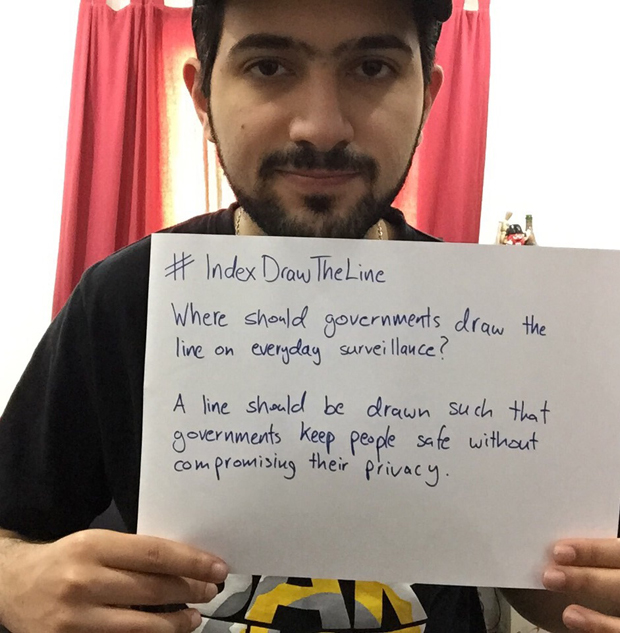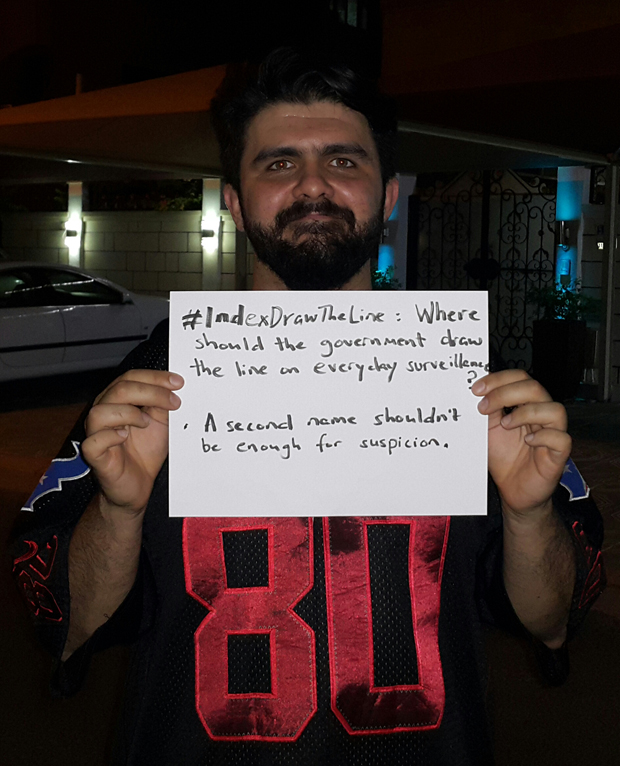Speaking for my silenced sister Reality Winner
[vc_row][vc_column][vc_single_image image=”117105″ img_size=”full” add_caption=”yes”][vc_column_text]
This story should be told by Reality Leigh Winner my sister. I am telling her story because Reality, despite being released from federal prison and in home confinement, is still not allowed to speak to journalists about her case. Reality is being censored and silenced by a government that is afraid of what she might say.
Reality was incarcerated on 3 June 2017. By the time she was released from federal prison in June, she had spent most of the last half of her 20s in prison. For a commended US Air Force veteran with no criminal record, no history of violence, no intent to harm anyone, no plan to financially benefit from a crime and only the best of intentions, every day that she has spent in prison has been a travesty.
As a National Security Agency contractor in 2017, Reality anonymously mailed a classified document detailing a Russian government spear-phishing campaign directed at the voting systems in 21 states around the time of the 2016 US presidential election. She sent the document to a media organisation called The Intercept, which has been known to solicit information from whistleblowers.
Many people ask me why Reality leaked the document. She had everything to lose and nothing to gain. I can speculate that she thought that the American people desperately needed to know that their voting systems were targeted by Russia so that steps could be taken to make the next presidential election more secure.
She helped achieve that goal: the 2020 election was the most secure presidential election in US history.
I can also speculate that Reality wanted to set the record straight about Russian interference in 2016. As the person who knows her best, I can say that she did not intend to harm the USA or undermine national security by leaking the document and, in fact, there is no evidence that the disclosure tipped off Russian hackers to “sources and methods” of US intelligence.
However, it is possible that I will never really know Reality’s true reasons or motivations for leaking the document because she is not, and never will be, allowed to speak about it.
[/vc_column_text][vc_btn title=”Join Brittany Winner at our virtual magazine launch on Tuesday 3 August: Book a free ticket NOW” color=”danger” size=”lg” link=”url:https%3A%2F%2Fwww.eventbrite.co.uk%2Fe%2Fwhistleblowers-the-lifeblood-of-democracy-tickets-164316941395″][vc_column_text]
Since she was charged with “unlawful retention and transmission of national defence information” under the Espionage Act of 1917, she has not been allowed to talk about the document or even say during her trial why she leaked it. The jury or judge were also not able to know the contents of the document or whether the release of the document actually harmed or exposed the USA. The only two factors pertinent in a trial under the Espionage Act are whether the individual is authorised to share the information and, if not, whether the individual has shared the information with someone who does not possess a relevant security clearance.
Reality was convicted almost certainly because of her alleged confession in the interrogation conducted by armed FBI agents in her home who did not inform her of her rights while a warrant was being served on her home, her car and on her.
As part of a plea deal, she pleaded guilty to a single charge and received a record-breaking 63 months in federal prison followed by three years of supervised release. Her plea deal also broadly prohibits her from future “communication of information relating to classified subject areas” that she had experience in from her time in the Air Force or while employed as an NSA contractor “without first obtaining the express written permission” from the US government.
The plea paperwork says: “This prohibition includes, but is not limited to, any interviews… papers, books, writings… articles, films, or other productions relating to her or her work as an employee of or contractor for the United States Government.”
The language of the plea agreement appears intentionally vague, as though even a casual mention of Russia (which could be construed by the US government as a “classified subject area”) by Reality could violate it and send her straight back to federal prison.
Moreover, the exceptionally vague reference “to her or her work” almost seems laughably broad – as if she is no longer allowed to talk about herself or her personal life story. If these stipulations in the plea agreement do not constitute censorship of a US citizen by her government, I do not know what would.
Reality was released from federal prison in June 2021 for good behaviour which is not surprising because she is a good person. However even thought her physical body is no longer behind bars the draconian prohibitions on her speaking to the media continue. Therefore I think that Reality’s mind is still stuck in prison and she is far from free.
As someone who pled guilty to a federal crime, Reality is facing more than just the loss of the right to speak freely. She will also have a criminal record that will follow her for the rest of her life, making it more difficult for her to seek gainful employment and enjoy the rights and freedoms that Americans take for granted.
She has also, ironically, lost the right to vote, which is especially harsh considering that she helped protect the votes of her fellow Americans. Reality will continue to suffer the unfair consequences of her brave and selfless actions for the rest of her life without intervention from President Joe Biden
Although we cannot restore the more than four years of her young life Reality Winner spent incarcerated by the time of her release, we can attempt to right this grievous wrong by appealing to President Biden to grant Reality Winner a full pardon.
With a presidential pardon, Reality could live her life without the burden of a felony conviction on her record.
A pardon would also end the continued censorship of Reality Winner following her release and finally allow her to speak out about why she leaked the document exposing the truth about Russia’s interference in the 2016 election. The American people deserve to know the brave patriot who stood up for them against her own government.
For President Biden, who appears committed to righting the wrongs of the previous administration, pardoning Reality Winner seems to be the least he should do, considering that Reality’s bravery is one of the reasons that Biden was elected as US president in a free and fair US democratic election. We ask the President to carefully consider Reality’s case and pardon Reality Winner.
[/vc_column_text][vc_btn title=”Join Brittany Winner at our virtual magazine launch on Tuesday 3 August: Book a free ticket NOW” color=”danger” size=”lg” link=”url:https%3A%2F%2Fwww.eventbrite.co.uk%2Fe%2Fwhistleblowers-the-lifeblood-of-democracy-tickets-164316941395″][/vc_column][/vc_row]

